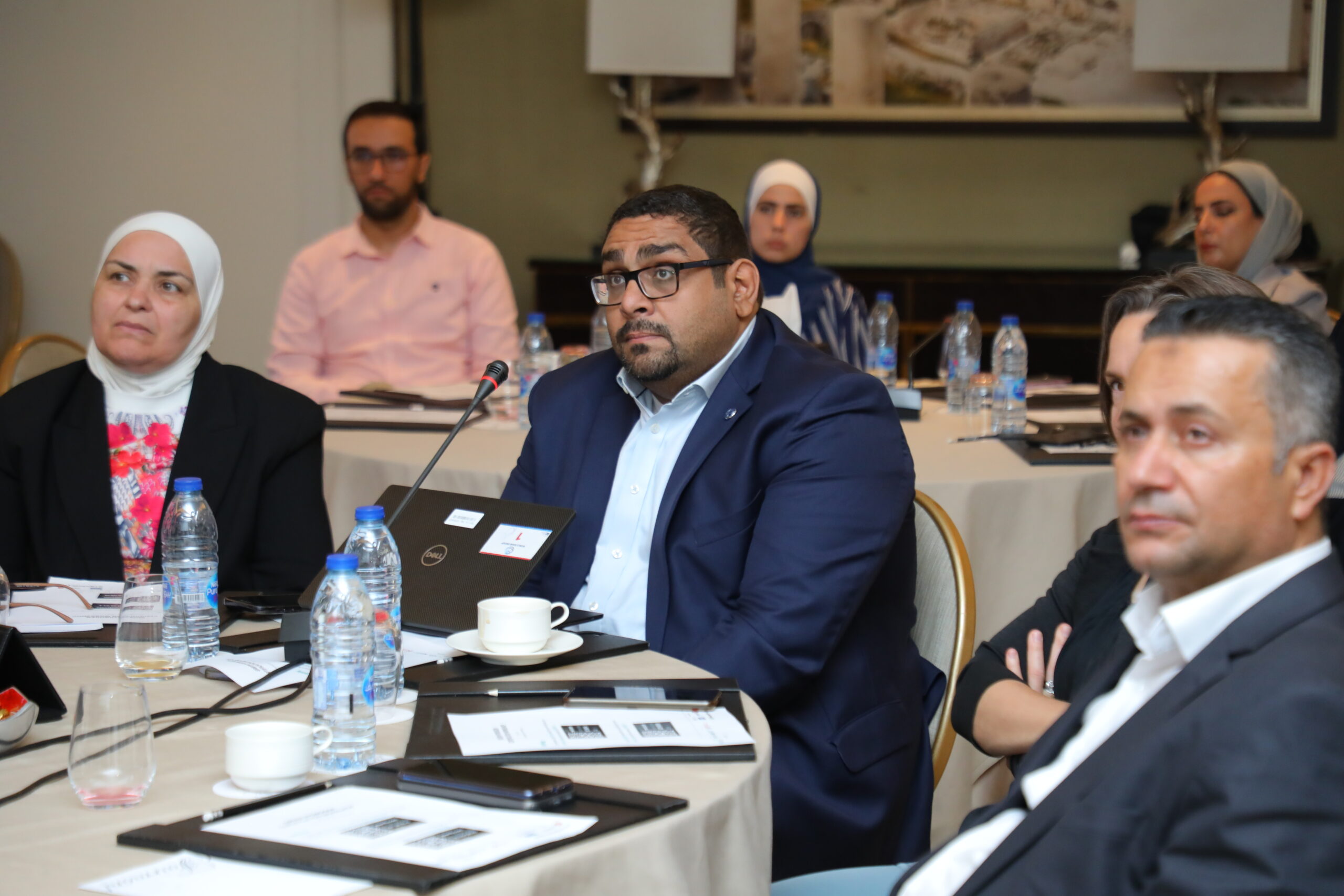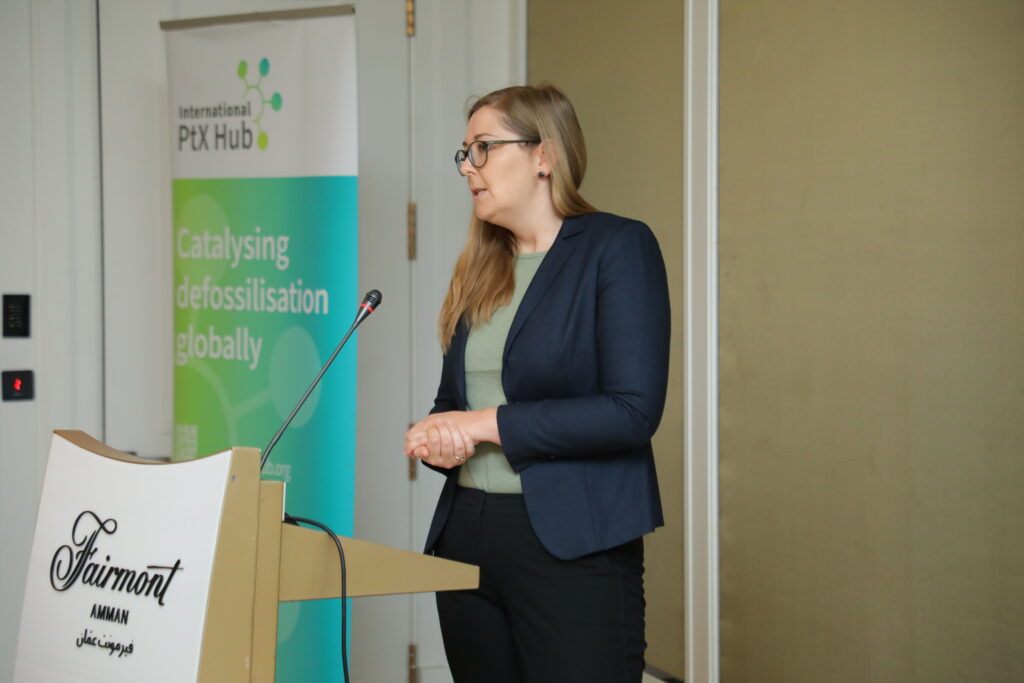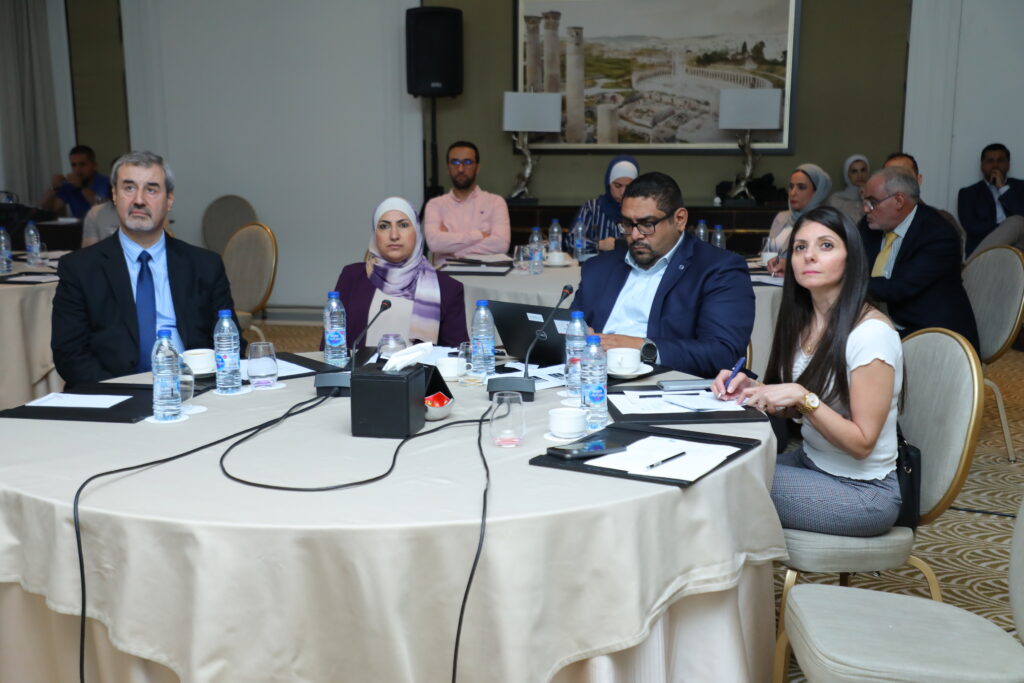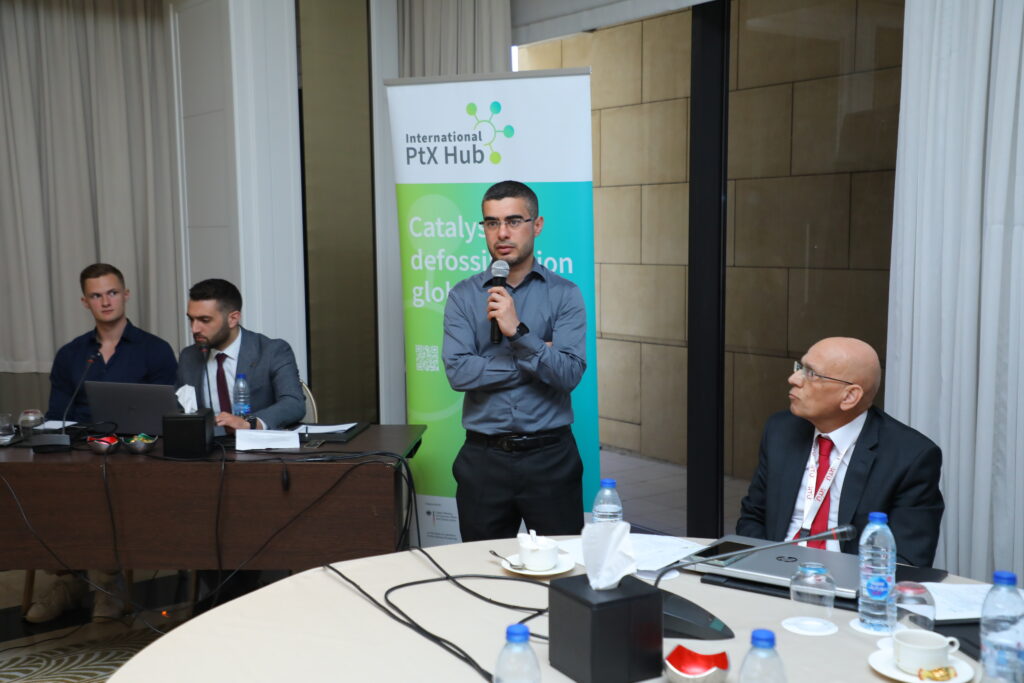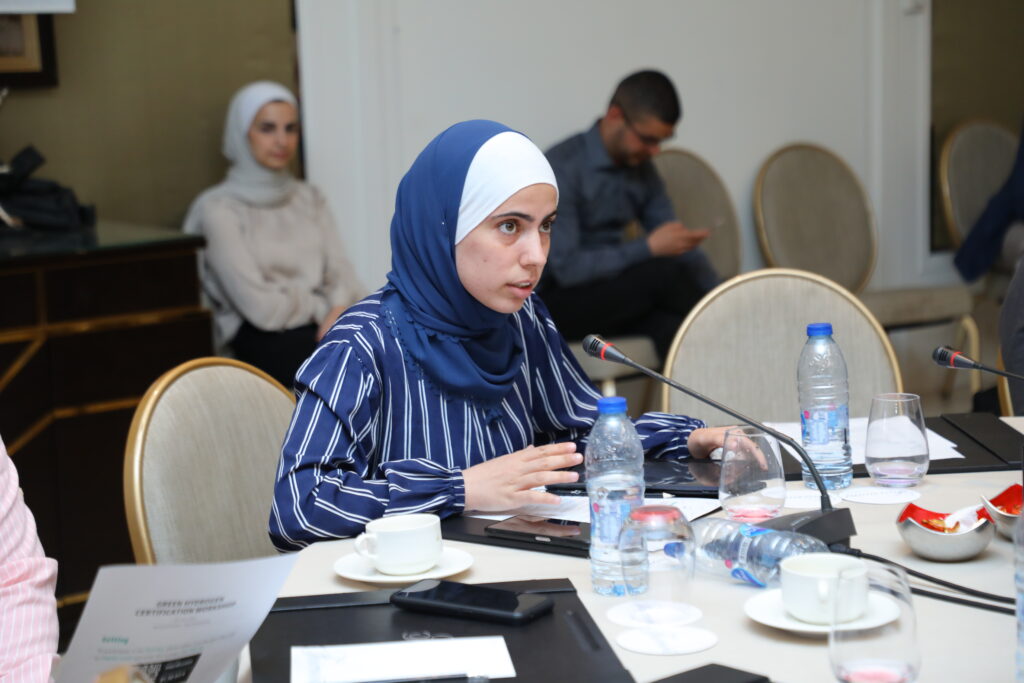Jordan sets the development of a green hydrogen and renewable PtX economy as a key priority in its Economic Modernization Vision. Due to its geographic location and large wind and solar energy potential, Jordan is in a very good position to rapidly develop a green hydrogen economy and subsequently contribute to the defossilisation of both the domestic and international economy.
The Jordanian Ministry of Energy and Mineral Resources (MEMR) is currently laying the foundation with the development of a green hydrogen strategy that will set priorities and targets to integrate green hydrogen and renewable PtX products into Jordan’s energy system. As the global demand for hydrogen and PtX is expected to rise in the upcoming years, Jordan also plans to become a major player in green hydrogen exports to the EU.
In-depth insights into the developing EU regulatory framework
In February 2023, the European Commission published the two Delegated Acts pursuant to Article 27 and Article 28 of the Renewable Energy Directive (REDII). These set out the requirements for renewable hydrogen and other Renewable Fuels of Non-Biological Origin (RFNBOs) consumed in the EU and apply to all RFNBOs, whether produced within or outside the EU. This is affecting Jordan currently exploring options to export hydrogen “of renewable origin” to the EU.
To understand and discuss these requirements in-depth, the PtX Hub, jointly with Öko-Institut, adelphi and the Ecologic Institute organised a workshop in Amman in June 2023 with 50 key stakeholders from Jordanian national ministries, universities, companies, and public utilities.
The workshop provided detailed and up-to-date insights on the debate and emerging regulatory framework for the certification of the greenhouse gas emission (GHG) accounting and of the sustainability of hydrogen production and PtX products.
During the workshop, Raffaele Piria from Ecologic Institute presented the climate and energy policy context for Germany’s and the EU’s hydrogen strategies and policies. He gave an overview on why standards and certification concerning GHG emissions and other dimensions of sustainability might be relevant for Jordan.
In a second part, Dominik Seebach, from Institute of Applied Ecology (Öko-Institut) held an input on the general principles of the governance and implementation of certification systems in general and in the EU. He also elaborated on the need of a certification for global markets, different elements of certification systems as well as tracking systems for proving the chain of custody, including mass balance and systems for certificates / guarantees of origin.
Christoph Heinemann, Öko-Institut provided the third presentation on “Under which conditions the EU considers hydrogen as “of renewable origin”. This presentation offered a deep dive on the first Delegated Act adopted by the European Commission on 10 February 2023. It also highlighted the EU methodology setting out detailed rules about counting hydrogen as renewable as well as provided a short overview of the rules established for the H2Global Instrument and the IPHE methodology.
Miha Jensterle from adelphi offered a thorough look on the second Delegated Act adopted by the European Commission. The presentation showed in detail the EU methodology for assessing GHG emission savings from hydrogen-based fuels and from recycled carbon fuels. This included the rules on the GHG emission intensity of electricity used as input, emissions related to other inputs (e.g. where applicable fossil fuels, heat) and the emissions related to the CO2 captured and incorporated into hydrogen based synthetic fuels.
It is crucial that the ministry has heard about the EU requirements at this early stage to take them into consideration while developing green hydrogen projects.
Eng. Hasan Al-Heyari, Assistant of the Secretary General of the Ministry of Energy and Mineral Resources (MEMR) for Energy Affairs
The sessions were accompanied by discussions about the energy and hydrogen development in Jordan, which emphasised that while these criteria are primarily relevant for the EU, it is critical for countries such as Jordan to understand these regulations and processes. Only then, the decision-makers can create a country specific hydrogen and PtX narrative that is tailored to Jordan needs while looking outwards to Europe simultaneously. At the core, the discussions acknowledged the core ideas behind the requirements: that green hydrogen should be a driver for the energy transition, and not add emissions to the value chain of the energy system.
